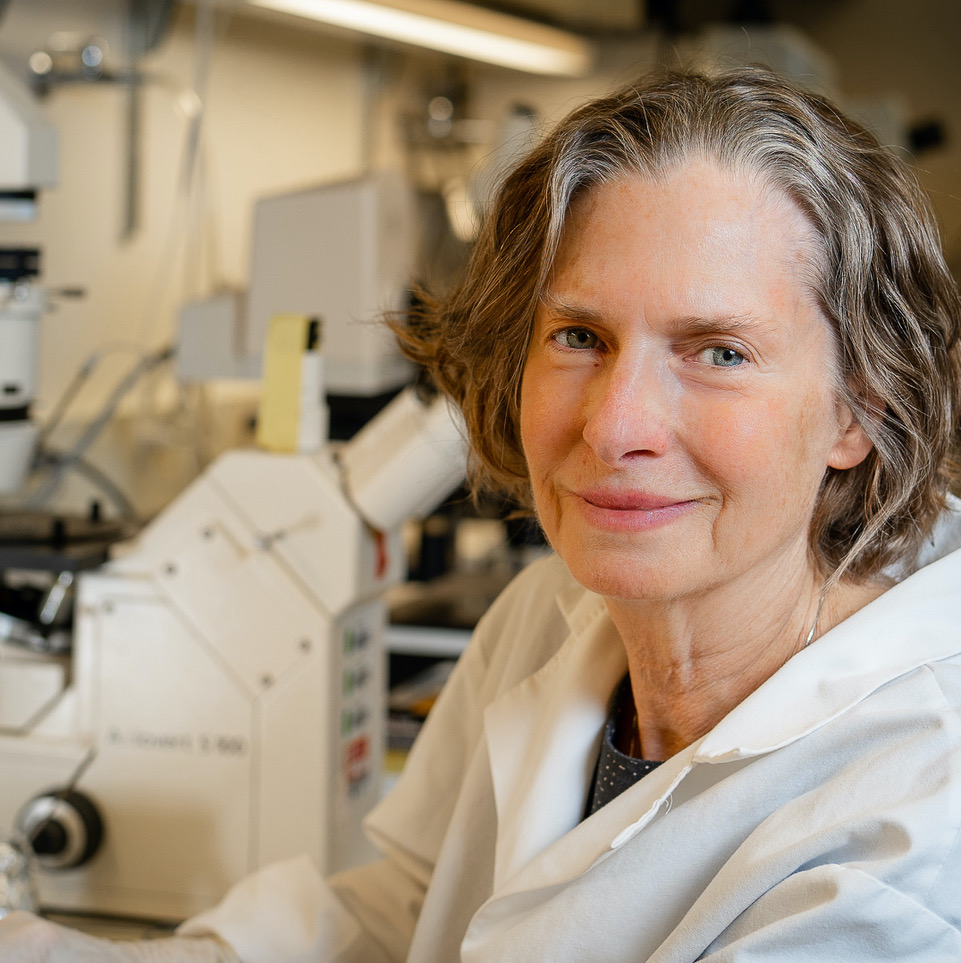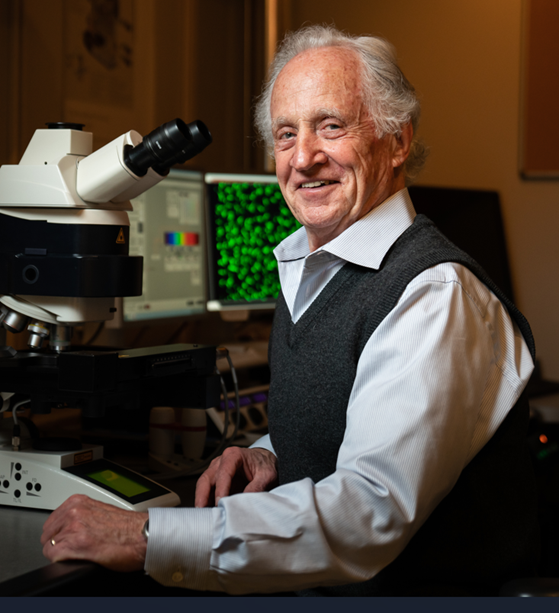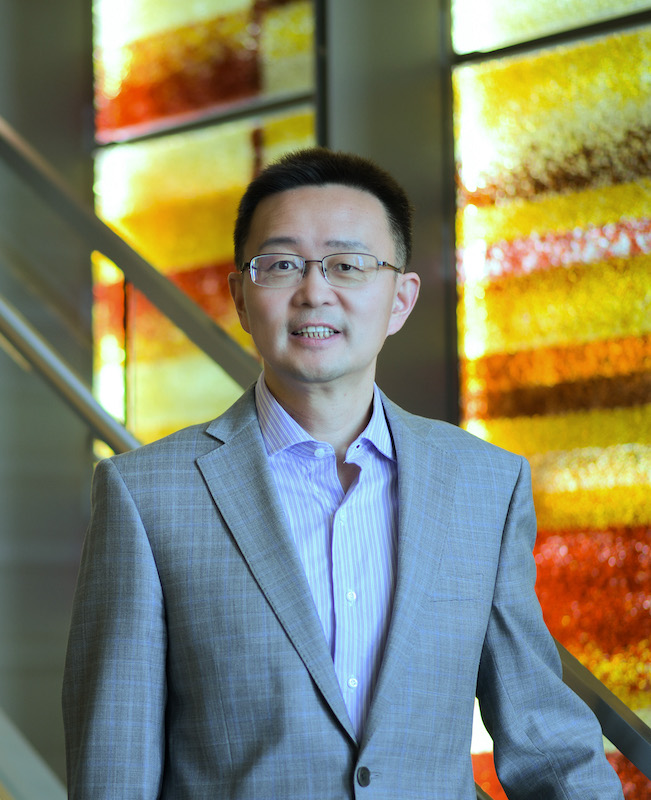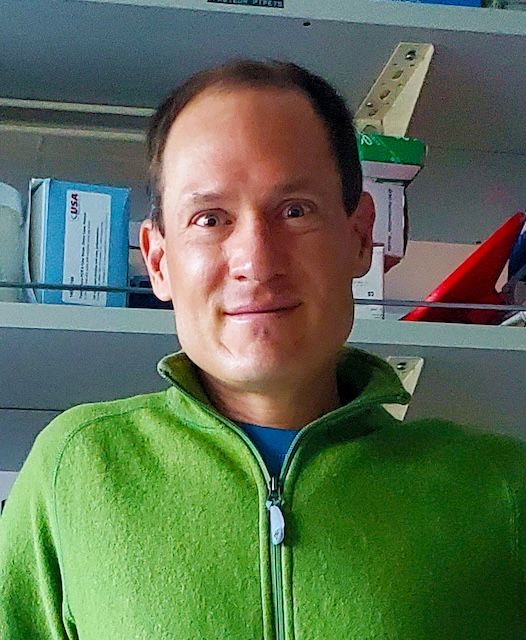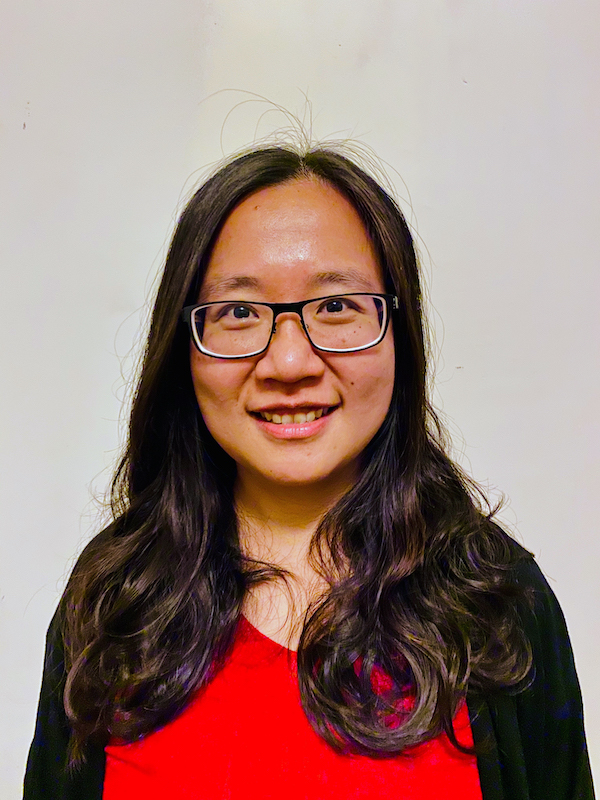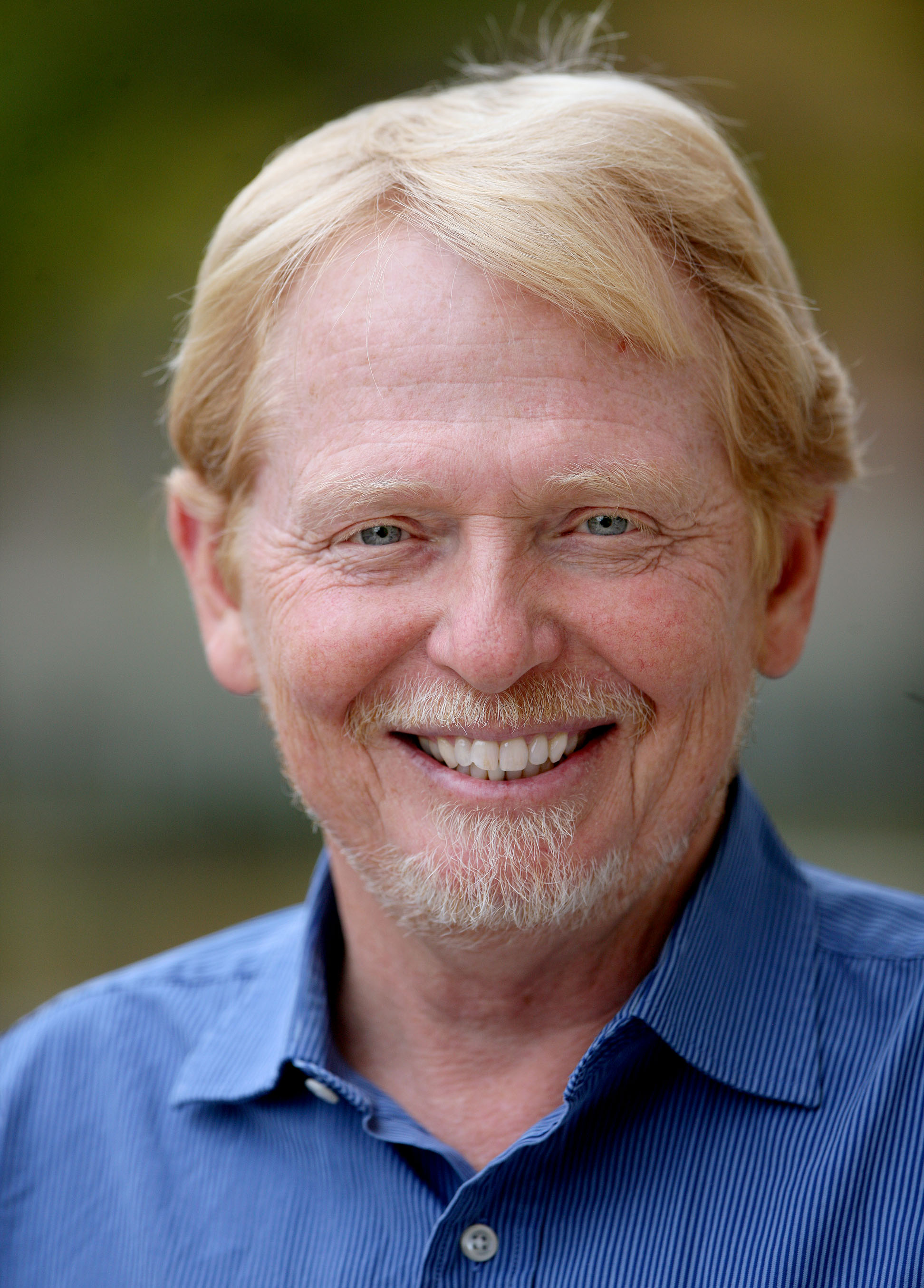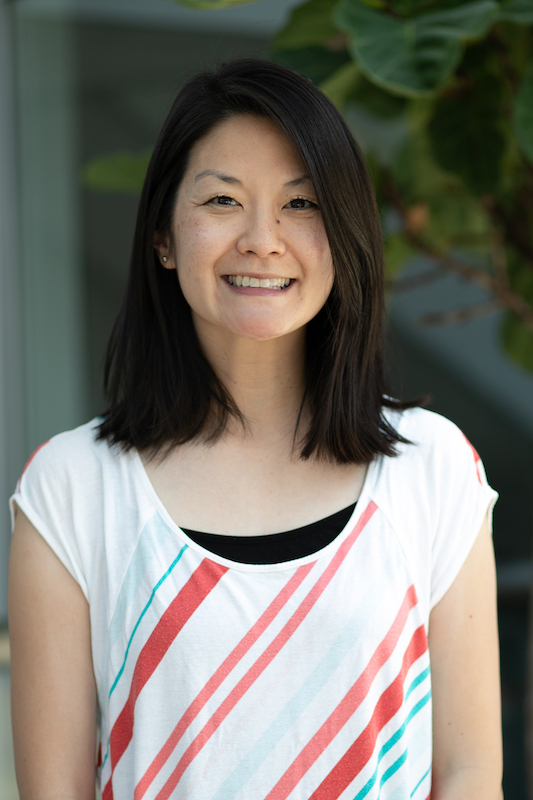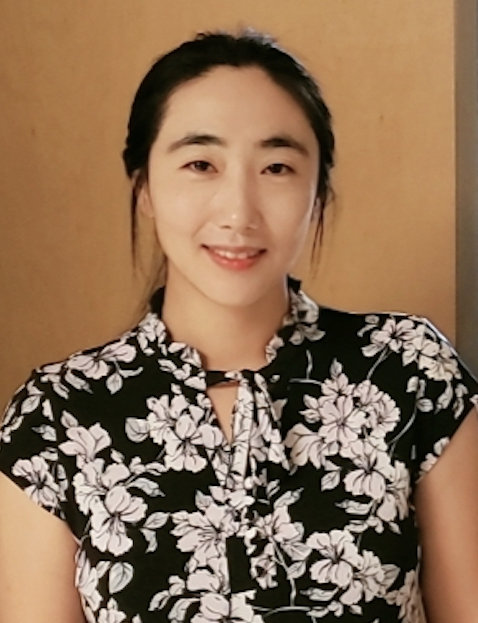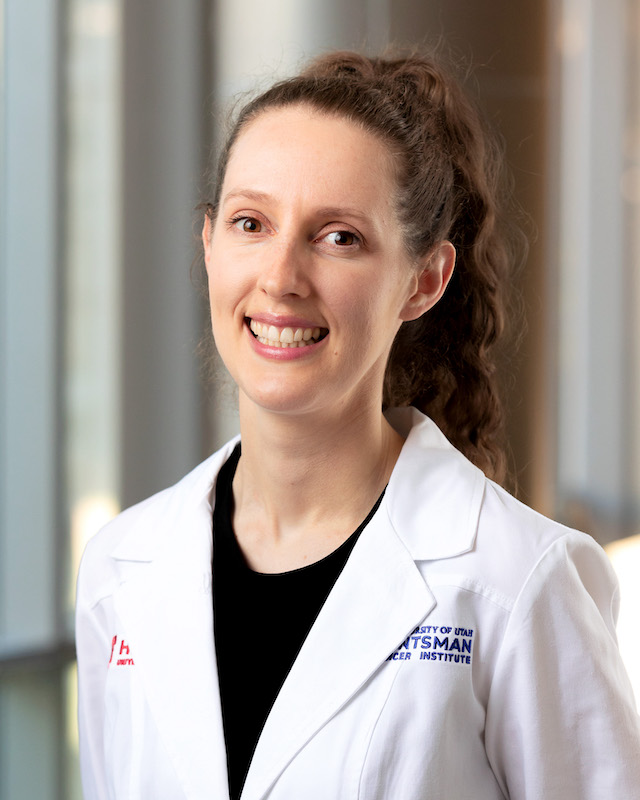Immunobiology Research Emphasis Area
The Immunobiology Research Emphasis Area is a joint effort between faculty of the Department of Pathology/ Division of Microbiology & Immunology, Department of Internal Medicine, Department of Oncological Sciences, Division of Hematology and Hematologic Malignancies and the School of Biological Sciences.
The broad scope of our emphasis area is the immune system's role in health and disease from basic (molecular and cellular) to translational research. Our goal is to provide students with an interdisciplinary and advanced understanding of the basic molecular and cellular mechanisms involved in immunity and immune-related diseases, providing an excellent starting point for independent research development and a variety of career options in academia and biotechnology.
Faculty associated with the Immunobiology Research Emphasis Area offer training opportunities for a variety of research interests including innate and adaptive immunity, inflammation, hematopoiesis, parasite, fungal, viral and bacterial pathogenesis, platelet biology, cancer, autoimmunity, cell signaling, vaccines, drug development and patient-oriented research.
The Immunobiology Research Emphasis Area is tightly integrated with several other training initiatives on campus, including the Microbial Biology and Pathogenesis Research Emphasis Area.
Events
The choice of the right graduate program for your PhD might seem daunting at times. In addition to evaluating the curriculum and potential advisors, it is also essential to consider the community and availability of resources. Ensure that your department and university will provide the environment needed for your PhD to be successful. And remember to have fun outside of the lab. You might spend a lot of time on your project, but don't forget to look at the environment outside the lab! As shown below, the Immunobiology Research Emphasis Area provides you with plenty of opportunities to engage with other students, staff and faculty through seminars, retreats, and get-togethers, such as journal clubs, student breakfasts and recreational events.
Outside of the Immunobiology Research Emphasis Area The University of Utah provides plenty of educational and recreational activities that will allow you to interact with other students and faculty. There are a wide variety of university hosted events ranging from speaker presentations, career advancement lectures and further learning opportunities to social and recreational events. To find out more about events and activities that might interest you, please check out The University of Utah Campus Events, The University of Utah Health Sciences Event Calendar, and the Campus Recreation Services.
- M&I student Research in Progress (RIP)
- 3i Initiative Seminar, Microbial Pathogenesis Seminar and Microbiology & Immunology Seminar Series
- M&I Annual Retreat
- 3i Initiative Annual Symposium
- Microbial Pathogenesis Retreat
- T cell Super Friends (T cell Interest Group)
T32 Opportunities
Our Research Emphasis Area faculty and staff is dedicated to research and mentoring students. Students have the opportunity to apply for 3 different NIH training grants held by the Division of Microbiology and Immunology and we train PhD students in obtaining F31 training grants during the course of their Graduate program. In addition, The University offers a terrific variety of core facilities with cutting-edge technologies and equipment available to all investigators, staff, and students.
Immunology, Infectious Disease and Inflammation (3i) T32 Training Grant (3iTG)
The Immunology, Inflammation and Infectious Disease Training Program seeks to bring together faculty and trainees across the University of Utah Health campus to foster collaborative research in basic and translational immunology.
Contact:
Microbial Pathogenesis Training Program
Microbial Pathogenesis lies at the crossroads of Microbiology, Immunology, Infectious Diseases, and Host Defense. The Microbial Pathogenesis Training Program serves as a platform for integrated training of predoctoral and postdoctoral trainees by bringing together basic scientists and clinician scientists for the exchange of ideas and training at the University of Utah.
Contact:
Matt Mulvey, PhD - Program DirectorNeuroimmunology T32 Training Grant
Neuroimmunology is a rapidly growing discipline at the intersection of immunology and neuroscience. The Neuroimmunology Training Program is designed to train and support future researchers in this field of study.
Contact:
Ryan O’Connell- Program DirectorKaren Wilcox- Program Director
Alysha Stanton- Program Administrator
Immunobiology focused Core Facilities
University of Utah researchers have access to numerous state of the art core facilities, resources and support through the Health Sciences Center, Huntsman Cancer Institute, and the University. Cores and resources that are highly utilized by Immunobiology Research Emphasis Area members are:
- Bioinformatics
- Biorepository and Molecular Pathology
- Cell Imaging
- DNA Sequencing
- DNA/Peptide Synthesis
- Drug Discovery
- Electron Microscopy
- Flow Cytometry
- High-Throughput Genomics and Bioinformatics Analysis
- Mass Spectrometry & Proteomics
- Metabolic Phenotyping
- Metabolomics
- Molecular Diagnostics
- Mutation Generation and Detection Core
- Protein-Metabolite Discovery Core
- Research Histology
- Research Informatics
- Study Design And Biostatistics Center
- Transgenic Gene-Targeting Mouse Facility
Courses
The attraction of the University of Utah Bioscience PhD Program is that the program allows you to tailor your coursework to your specific interest while providing you a solid foundation in core areas. For an overview of the courses offered within the Bioscience PhD Program please see the University of Utah General Catalog (insert link). For courses with an Immunobiology research focus, please see suggested courses below:
The University of Utah General Catalog
PATH 7330/PATH 5030 -Basic Immunology
This is a survey course covering the basic principles in Immunology with lectures provided by faculty directly involved in particular areas. The final third of the course will feature clinical and experimental topics in Immunology. The course is primarily slated for graduate and master students. It is also open for particularly interested undergrad students, but is not specifically intended as preparation for Med School due to its programmatic depth. Students should have some exposure to biochemistry, modern genetics, and cell biology. It meets the requirements for the Medical Technology (B.S.) and Medical Laboratory Science (M.S.) programs. Undergrad students are encouraged to complete BIOL 2020, 2030 and 3510 prior to taking this course.PATH 6500 - Immunology (Immunology, Inflammation and Infectious Disease)
The immune system is an integral part of virtually every organ system of the body including the neuronal, digestive, cardiovascular and endocrine, to name just a few. Moreover, while the immune system is fundamental to our ability to fend off infectious pathogens, it is intimately involved in a variety of diseases that plague the modern world including all cancers, behavioral diseases, and autoimmunity. Studies in immunology have led revolutionary discoveries that have fundamentally transformed human health, such as protection from deadly pathogens through vaccination and reversal of cancers through immune-based therapies. Thus, an understanding of basic immunological concepts is broadly applicable in multiple disease settings. Furthermore, the immune system provides an effective platform for understanding fundamental concepts of cellular and molecular biology, including events controlling cellular development, differentiation and function, DNA recombination and repair, and cell signaling. This course was designed to introduce basic immunology while integrating and helping to solidify cell biology, genetic and molecular biology concepts. This course will allow you to address questions such as: How does the immune system detect and respond to microbes? How does immunity elicit protection from microbes? Why doesn’t the immune system react to self tissue? How do cells of the immune system differentiate and make fate decisions in response to external stimuli? What are the mechanisms used by the immune system to recognize such a diversity of microbes? How is the immune system used to fight cancer? Why don’t we generally get sick twice with the same pathogen? Undergraduate exposure to basic principles of cell biology, genetics, and molecular biology will improve understanding of this course.
PATH 7320 - Topics in Immunology
This course will address core topics in immunology including cellular and molecular mechanisms of innate and adaptive immune responses to infection, vaccines, autoimmunity and cancer immunology and immunotherapies.PATH 7360 - Advanced Immunology
This is an advanced lecture and seminar course addressing topics of immunological research and interest. The course will focus upon original research articles, not a textbook. Students will be expected to participate in discussions. Class grade will be determined based upon classroom participation and a research proposal based upon some aspect of immunology covered in this course.PATH 7310 - Host Pathogen Interactions and Human Disease
This course will examine the mechanisms and consequences of microbial interactions with host cells and tissues. The means by which microbial pathogens stimulate and overcome host defenses in order to cause disease will be explored. This course is suitable for all graduate students and can be repeated up to three times for credit. Topics change annually. This is a half semester course, offered in the spring.PATH 6410 - Molecular Virology
Basic knowledge of molecular biology is required. The molecular biology of virus lifestyle strategies, including cell entry, nucleic acid replication, gene expression, assembly of progeny virions, interaction with the host cell, and molecular epidemiology. The course will provide both a general introduction to the diversity of virus lifestyles and a detailed analysis of several of these strategies.
PATH 6910-001 - Noncoding RNAs and Immunity Journal Club
This course is a mix of faculty lectures and student discussions of primary research papers. Topics are selected from current primary literature sources on subjects relevant to the focus of the class, and these will include different types of long and short noncoding RNAs (e.g. miRNAs and lincRNAs) and how they contribute to inflammatory responses. Classes will be lead by a small team of faculty. Basic knowledge of noncoding RNAs and mammalian immunity will be assumed.
Bioscience Faculty
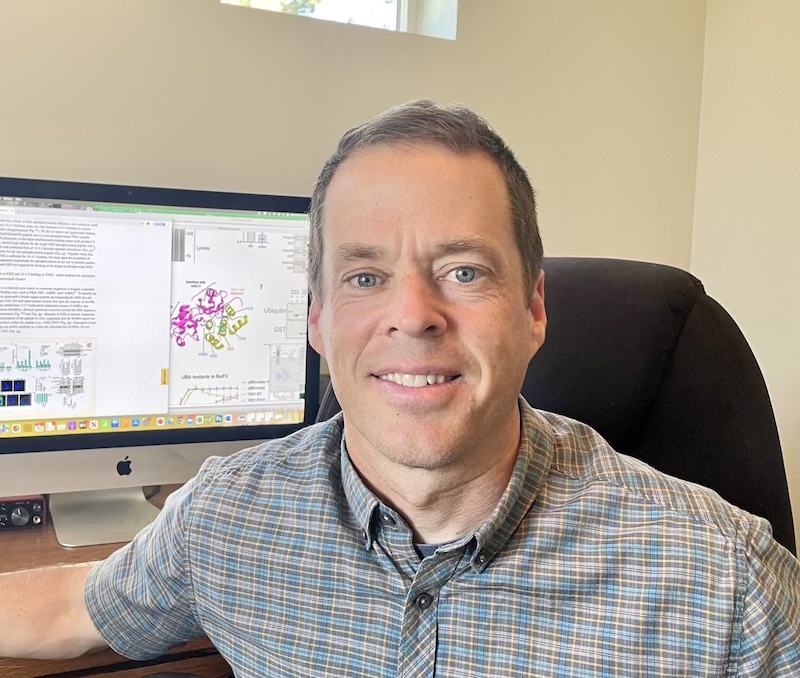

Fetal Hematopoiesis, Blood Production, Immune Development, Developmental Origin of Disease
T Cell Autoimmunity, Metabolism

Autoimmunity, Central Tolerance, Thymic Development, Tolerance to Microbiota, Chimeric Antigen Receptors (CARs)
Peptides, Host Immune Systems Peptide Materials

T cell Antigen Recognition
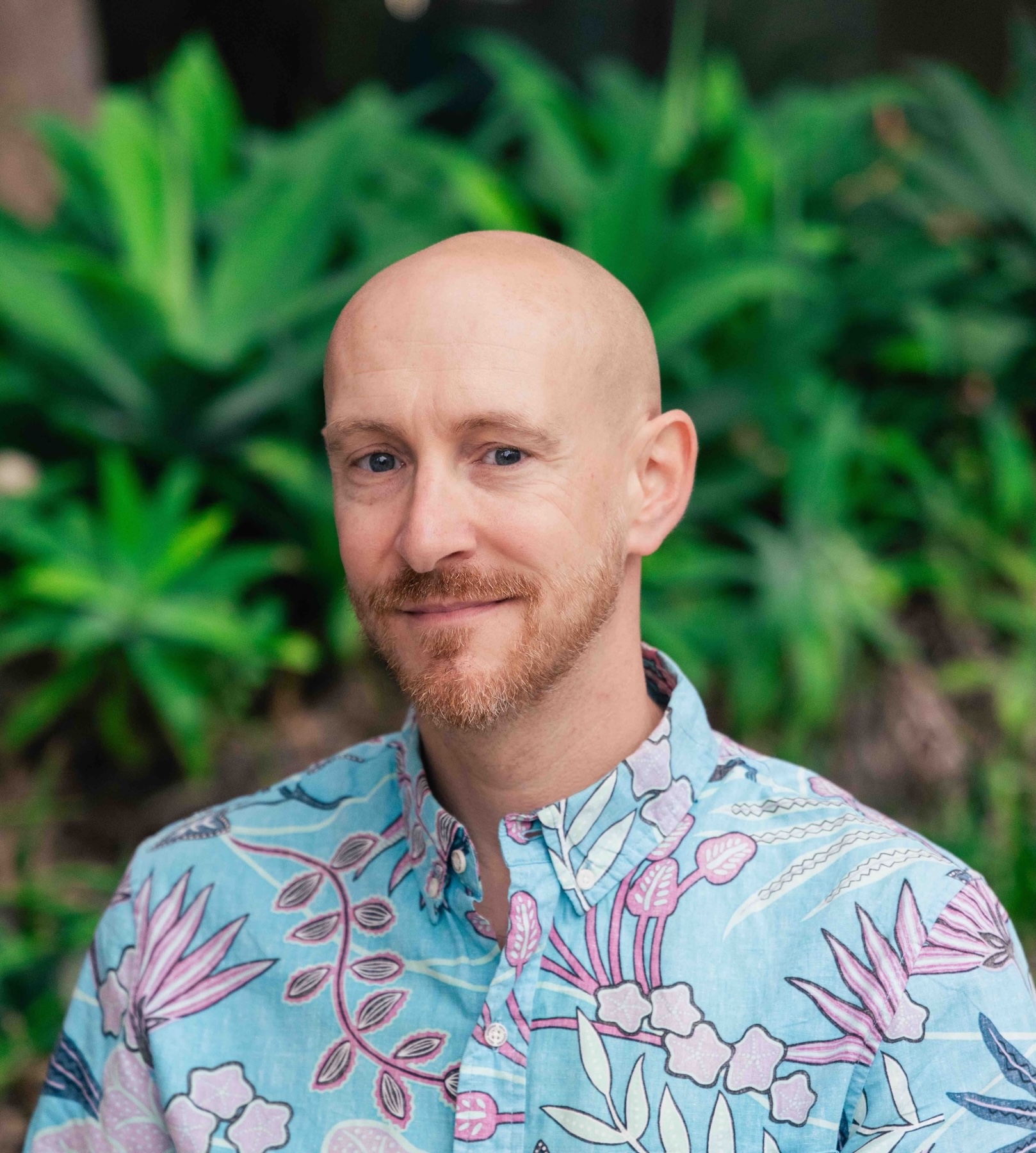



Microbial Genetics and Biochemistry, Mucosal Immunology, Early-Life Host-Microbiota Interactions

mRNA therapeutics; lipid nanoparticles (LNPs); liposomes, RNA delivery; cancer immunotherapy; immune tolerance; dendritic cells; macrophages, hepatocytes, immunometabolism; gene delivery; nanomedicine; CAR T cell therapy; AAV immunogenicity; immunoengineering; tolerogenic vaccines

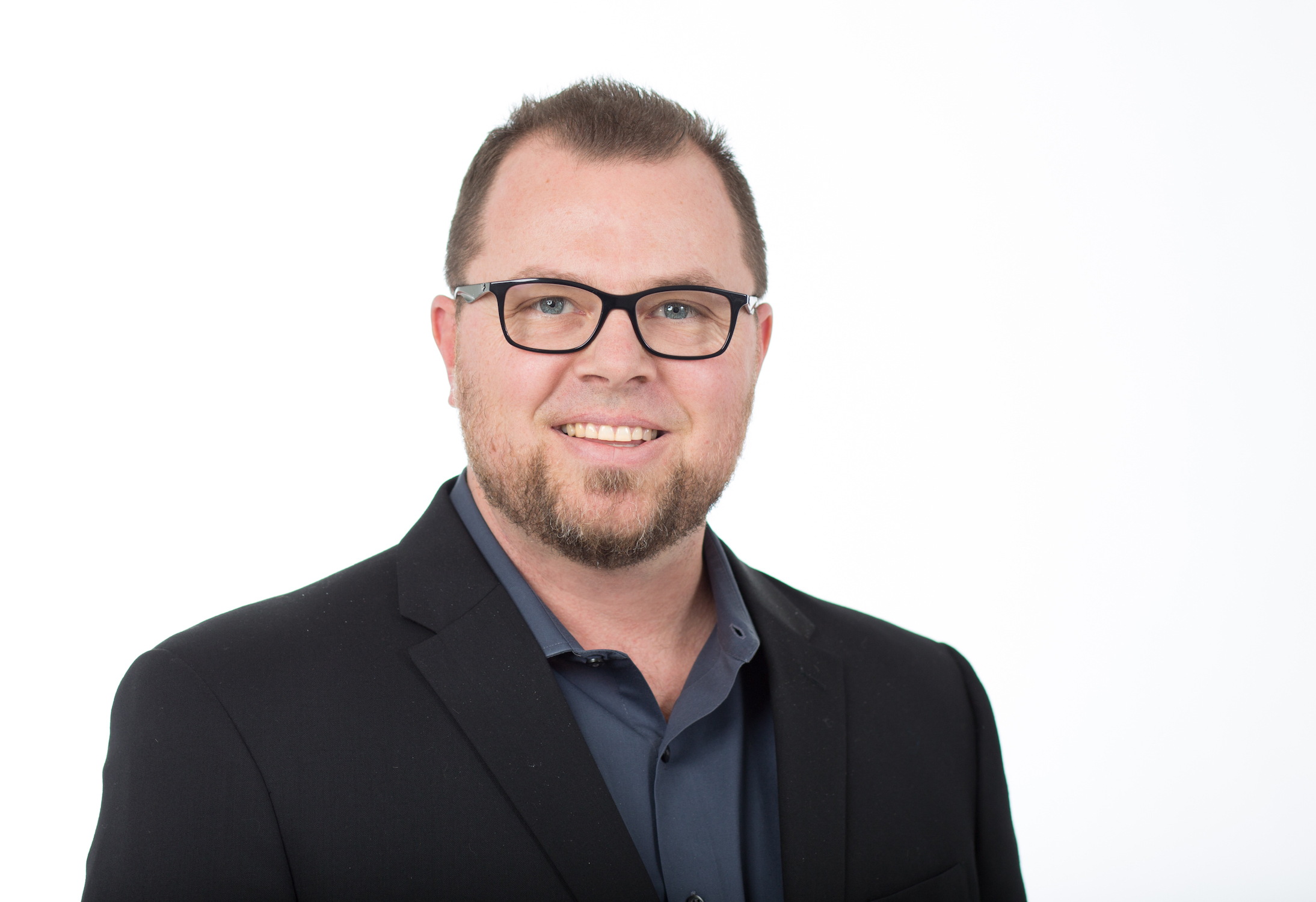
Cell Migration, Tumor Microenvironment, Cytoskeleton, Zebrafish, Mouse, Dictyostelium, Immunology, Breast Cancer, Melanoma

Immunological Memory, Protein Design and Vaccine, Viral Infection, Cancer, Autoimmunity, Gene Regulation and Signaling

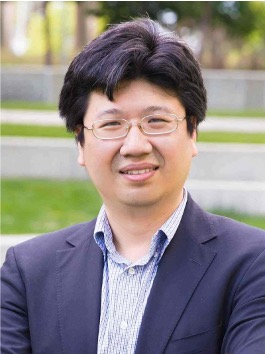
Translational Bioinformatics, Cancer Systems Biology, Cancer Data Science, Computational Immuno-Oncology, Precision Oncology
Gene Regulation in T cells, in T cell memory and autoimmunity, in Stem Cells and in Cancer


